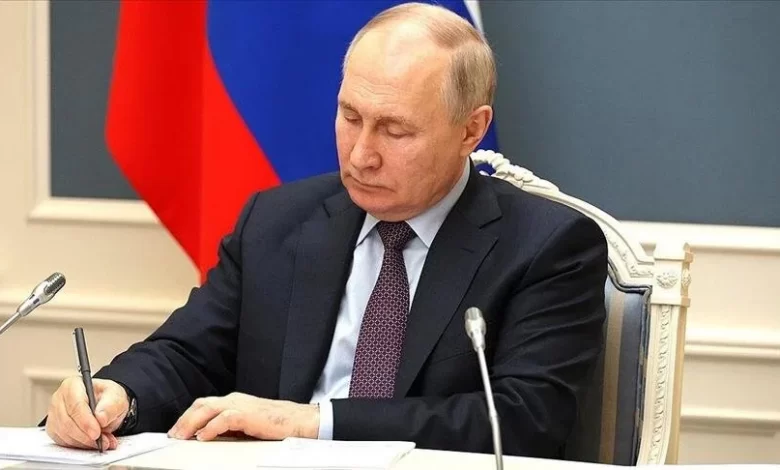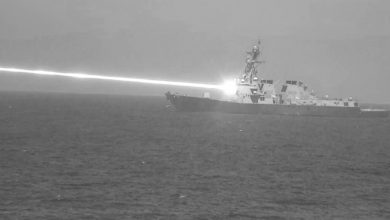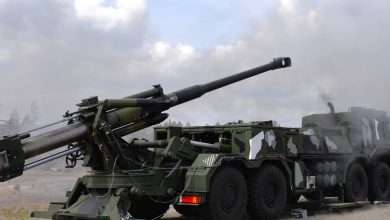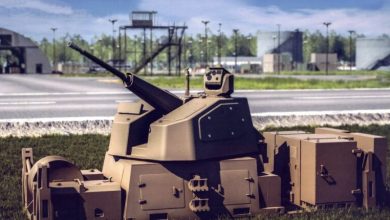Putin signs decree terminating arms treaty with NATO

Russia already suspended patriation in Treaty on Conventional Armed Forces in Europe (CFE) in 2007 after NATO countries failed to ratify the agreement
Russian President Vladimir Putin signed a decree on Wednesday terminating the Treaty on Conventional Armed Forces in Europe (CFE).
In the same decree, published on the government’s portal, Putin delegated additional charge to Deputy Foreign Minister Sergey Ryabkov, who will also serve as a presidential representative in presenting the matter in parliament.
“Appoint Sergey Alekseyevich Ryabkov, Deputy Minister of Foreign Affairs of the Russian Federation, as the official representative of the President of the Russian Federation when the Chambers of the Federal Assembly of the Russian Federation consider the issue of terminating by the Russian Federation of the Treaty on Conventional Armed Forces in Europe signed in Paris on November 19, 1990,” the decree said.
The CFE was a landmark post-Cold War arms control agreement signed on Nov. 19, 1990, in Paris between two military blocs, NATO and the Warsaw Pact. It imposed limits on five key categories of conventional military equipment in Europe – tanks, armored vehicles, artillery, helicopters, and combat aircraft – and mandated the destruction of excess weaponry.
In 1999, an updated CFE treaty was drafted and approved in Istanbul, Türkiye, taking into account new realities such as the Warsaw Pact dissolution and NATO expansion.
Because NATO countries did not ratify the agreement, President Putin suspended Russia’s participation in the CFE treaty in 2007.
Later, Putin told the Russian parliament that the suspension will be valid until NATO countries ratify the treaty and begin implementing it.
In 2015, Russia also ceased participation in the CFE Joint Advisory Group meetings.





